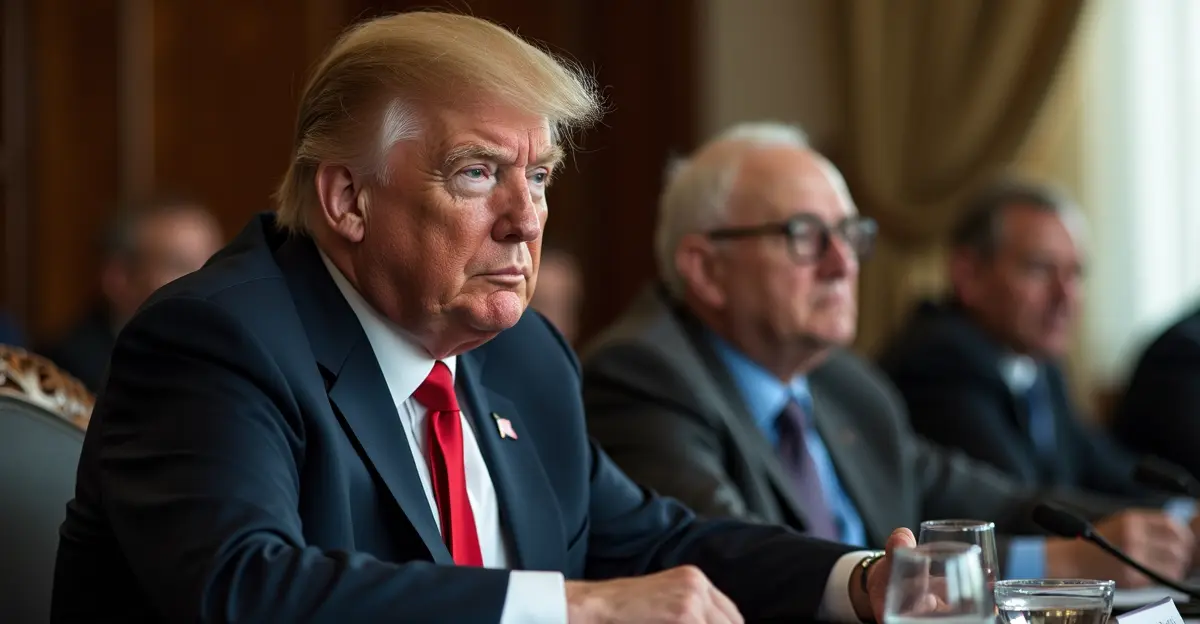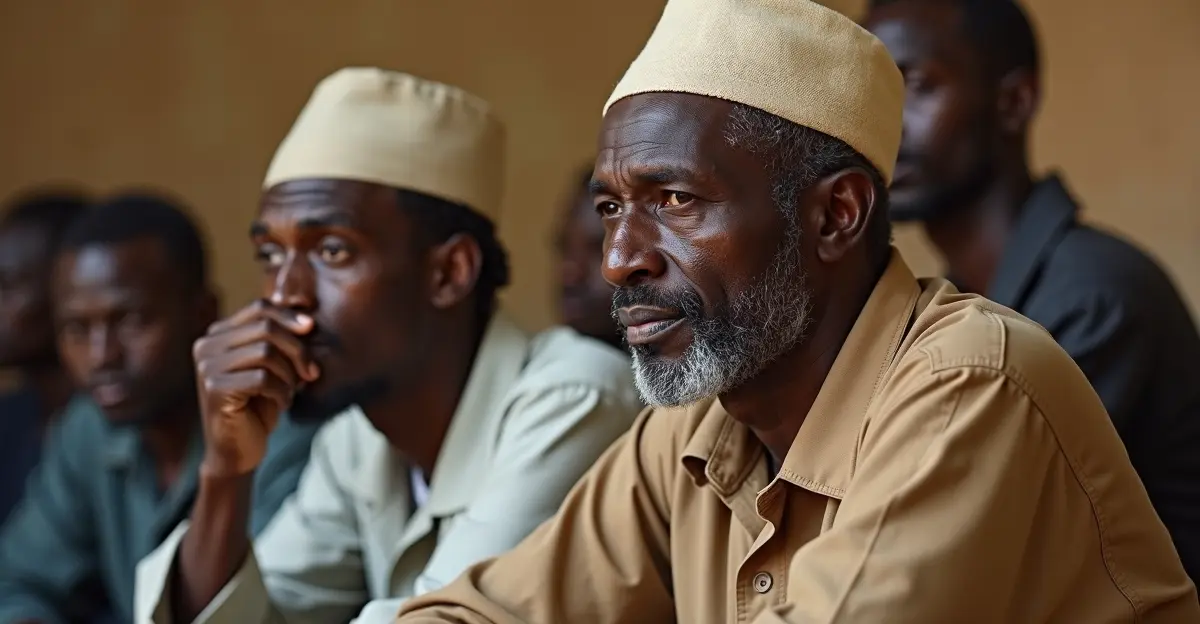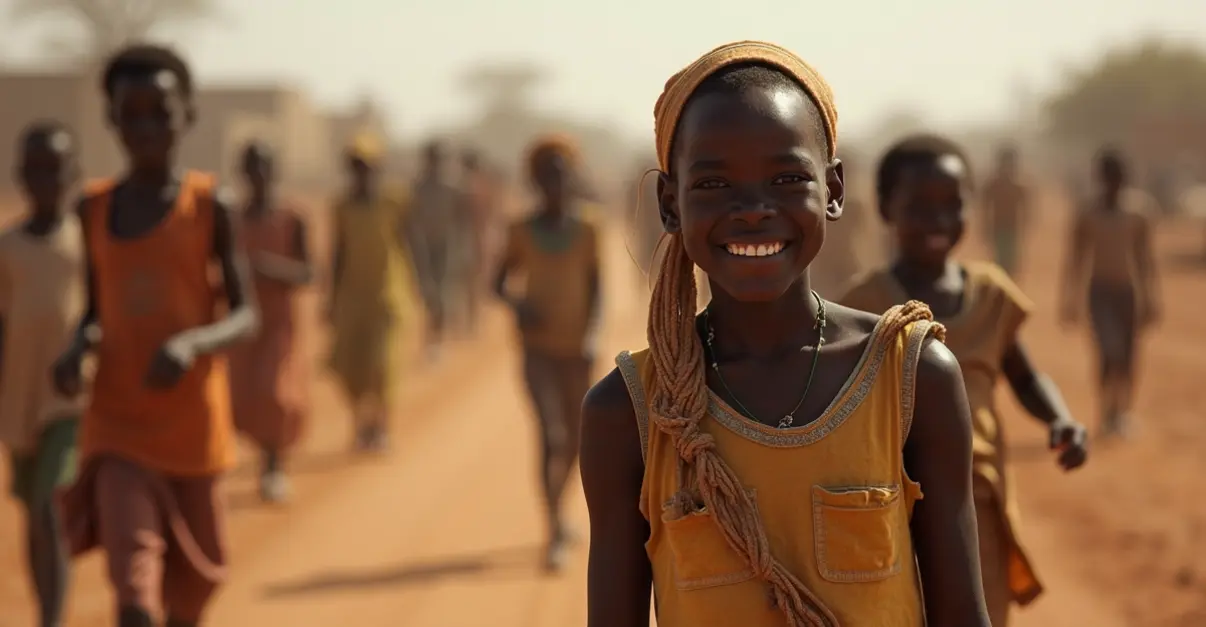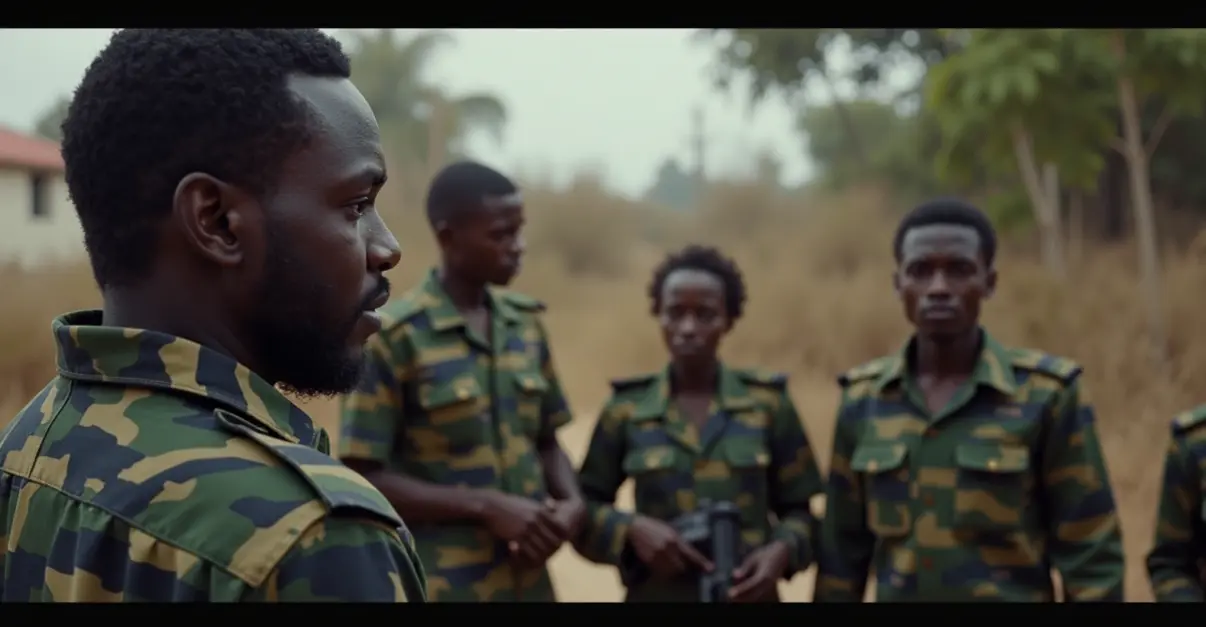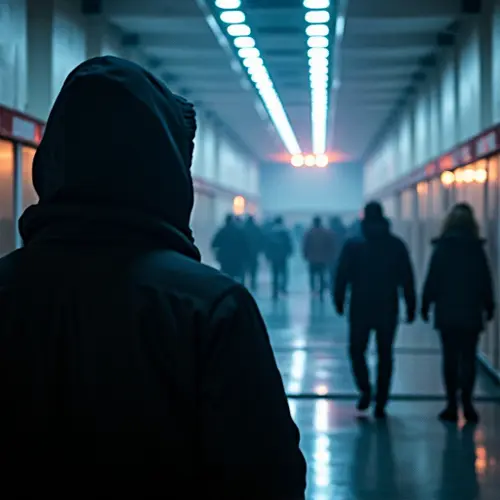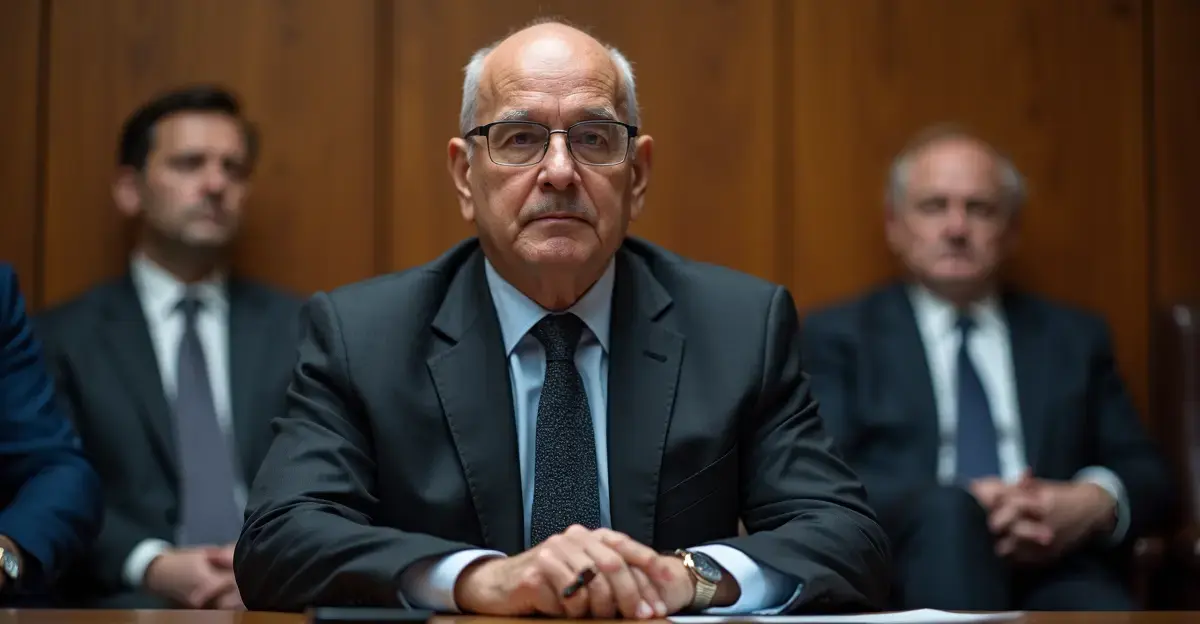ICC convicts Sudanese militia leader Ali Kushayb for 27 war crimes in Darfur, marking first successful prosecution for atrocities in region where 300,000 died and 2.5 million were displaced.
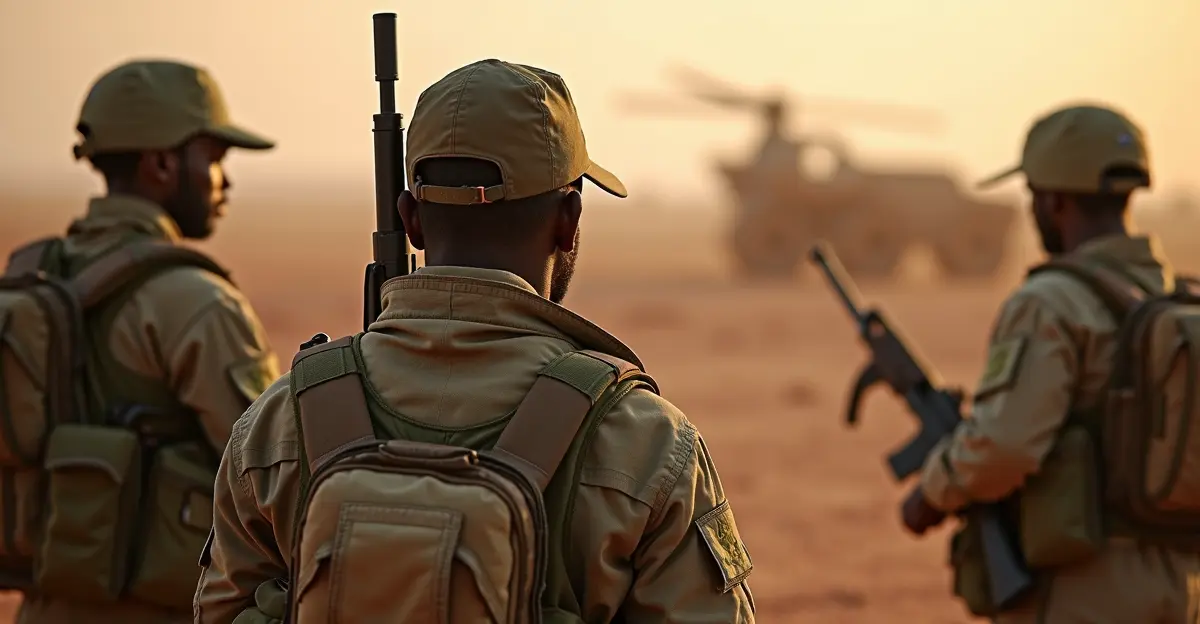
Historic Conviction at International Criminal Court
In a landmark ruling that brings some measure of justice to victims after more than two decades, the International Criminal Court has convicted Sudanese militia leader Ali Muhammad Ali Abd-Al-Rahman, better known as Ali Kushayb, for war crimes and crimes against humanity committed in Darfur. The verdict marks the ICC's first successful prosecution for atrocities in the Sudanese region where hundreds of thousands died and millions were displaced during the conflict that began in 2003.
27 Counts of Atrocities
The court found Kushayb guilty on all 27 charges brought against him, including murder, rape, torture, and forcible transfer of civilians. Presiding Judge Joanna Korner stated the verdicts were unanimous and the evidence proved guilt beyond reasonable doubt. 'The evidence presented during this trial has been overwhelming and consistent in demonstrating the systematic nature of these crimes,' Judge Korner declared in her summary of the judgment.
Kushayb, who led the notorious Janjaweed militia, was specifically convicted for his role in attacks between August 2003 and March 2004. Prosecutors presented evidence showing he was responsible for the murder of 504 civilians, at least 20 rapes, and the forced displacement of more than 40,000 people from their homes.
Witness Testimonies Reveal Horrors
During the trial, 56 witnesses provided harrowing accounts of the violence that swept through Darfur. One survivor testified about how Kushayb personally supervised the loading of 50 civilians onto trucks, beat them with axes, and ordered their execution. Another described systematic rape campaigns used as weapons of war against civilian populations.
'We waited twenty years for this day,' said a representative from Human Rights Watch who attended the proceedings. 'This conviction sends a powerful message that even the most powerful perpetrators can be held accountable for their crimes.'
Background of the Darfur Conflict
The Darfur conflict erupted in February 2003 when rebel groups from the region's non-Arab population rose up against the Sudanese government, accusing it of political and economic marginalization. The government responded by unleashing the Janjaweed militias, who conducted a campaign of ethnic cleansing that the United States later described as genocide.
According to United Nations estimates, the conflict resulted in approximately 300,000 deaths and displaced 2.5 million people. Many victims ended up in refugee camps where humanitarian conditions remain dire to this day.
International Response and Significance
UN High Commissioner for Human Rights Volker Türk welcomed the conviction, calling it 'a significant step forward in the pursuit of international justice.' The ruling represents a major achievement for the ICC, which has faced criticism for its limited number of convictions since its establishment in 2002.
The case against Kushayb began when he was arrested five years ago in Birao, a town in the northern Central African Republic. His transfer to The Hague marked a crucial development in international efforts to address the atrocities in Darfur.
Ongoing Pursuit of Justice
While Kushayb maintains his innocence, claiming mistaken identity, the court dismissed defense witnesses and confirmed his identity beyond doubt. His sentencing will be determined at a later hearing, with prosecutors expected to seek life imprisonment.
The conviction comes as the ICC continues to pursue other high-profile cases related to Darfur, including that of former Sudanese president Omar al-Bashir, who faces charges of genocide. The court has issued arrest warrants for several other individuals connected to the conflict.
As one legal expert noted, 'This verdict demonstrates that international justice, while often slow, can eventually reach those responsible for the most serious crimes. It gives hope to victims everywhere that impunity is not permanent.'

 Nederlands
Nederlands
 English
English
 Deutsch
Deutsch
 Français
Français
 Español
Español
 Português
Português




